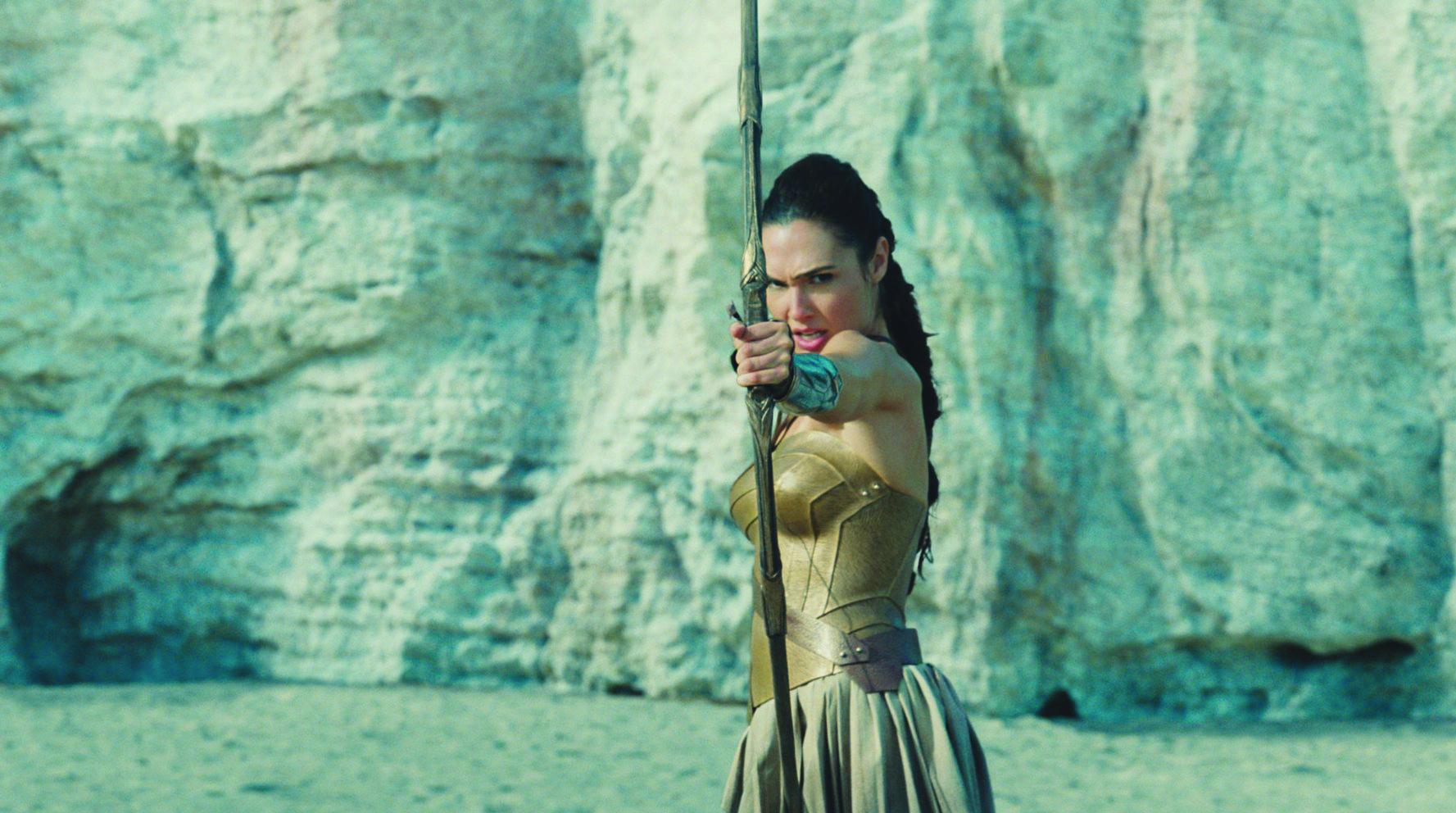By Richard von Busack
Both commemorative and zeitgeist-filled, Detroit is the angriest movie that Kathryn Bigelow has ever made. While deserving the praise The Hurt Locker got, it reverses Zero Dark Thirty’s coziness with “enhanced interrogation.”
An animated sequence describes the black diaspora to the north that made Detroit what it was by 1967—a company town with strictly-delineated African-American ghettos, patrolled by a 90 percent white police force.
We meet a main character, Dismukes (John Boyega) who is about to start his 17th hour of work, since he moonlights as a security guard; no matter what he looks like, he’s unable to stop the trouble he witnesses. Meanwhile Larry (Algee Smith) and Fred (Jacob Latimore) of the real-life band The Dramatics meet backstage for a big show at the Fox Theater—The Supremes (or a lookalike group) are opening for them, or would be if the show wasn’t cancelled.
What happens is like a long home invasion. Will Poulter plays Krauss, the inept patrolman in charge, a fictional composite. Detroit gets caught up in its ordeal of beating, mock executions and ultimate murder—at half the length, it would have had twice the power.
Bigelow’s emphasis on conflict over everything is what made Aliens the most gung-ho movie about the Marines since Raoul Walsh died. But this is one of her best films, and an ornament to this year’s cinema, as exciting a year as we’ve had in ages. Detroit matches Get Out in intent, the Ferguson, Missouri documentary Whose Streets? and Justin Chon’s drama Gook about the 1992 L.A. riots.
She balances her startling force with sensitivity and sensuality. Give Bigelow credit—this certainly isn’t an anti-rebellion movie.











